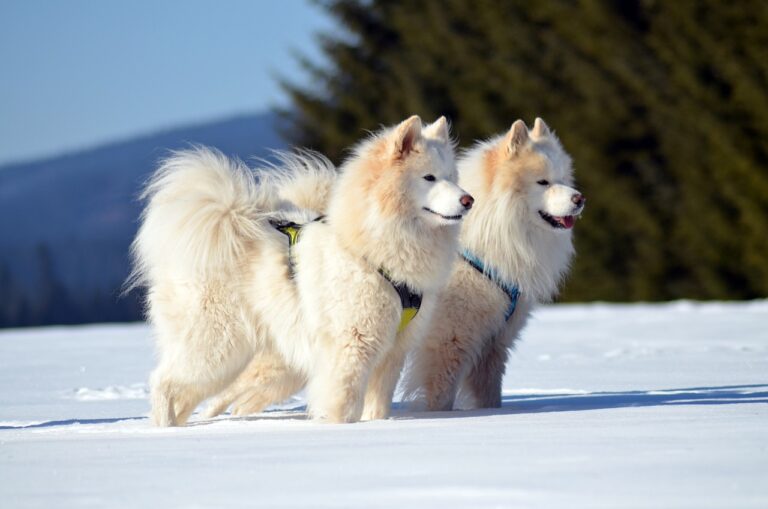Sustainable Beauty: Ethical Practices and Products for a Radiant Glow
Ethical practices in the beauty industry are crucial for ensuring the well-being of both consumers and the environment. By prioritizing ethical standards, companies can uphold transparency, accountability, and fairness in their operations. From sourcing ingredients to manufacturing processes, ethical beauty brands prioritize cruelty-free practices, sustainable sourcing, and transparency in labeling, offering consumers peace of mind and confidence in the products they choose to use.
Furthermore, supporting ethical practices in the beauty industry can lead to positive social and environmental impact. By choosing products from brands that prioritize ethical practices, consumers can contribute to the movement towards a more sustainable and compassionate industry. This not only encourages companies to adopt more responsible practices but also helps raise awareness about the importance of ethical considerations in the beauty products we use daily.
Understanding the Impact of Unsustainable Beauty Products on the Environment
Consumers often overlook the environmental consequences of using unsustainable beauty products. The production and distribution of these products contribute to pollution, resource depletion, and habitat destruction. From the extraction of raw materials to packaging and disposal, every step of the process has a significant impact on the environment.
In addition to the direct environmental impact, the use of unsustainable beauty products also poses a threat to human health. Chemicals commonly found in these products can contaminate water sources, harm wildlife, and even lead to long-term health effects in humans. It is crucial for both consumers and beauty companies to consider the environmental footprint of the products they use and create, in order to preserve the health of the planet and its inhabitants.
• The production of unsustainable beauty products often involves the extraction of raw materials through environmentally damaging methods such as deforestation and mining.
• The packaging of these products contributes to plastic pollution, with many containers ending up in landfills or oceans.
• Chemical ingredients in beauty products can leach into water sources, contaminating drinking water and harming aquatic life.
• Unsustainable beauty practices contribute to greenhouse gas emissions and climate change, further impacting the environment.
How to Identify Cruelty-Free Beauty Brands
Researching whether a beauty brand is cruelty-free can be a simple yet important step in making more ethical choices as a consumer. One way to identify cruelty-free brands is to look for certifications from organizations like Leaping Bunny or PETA, which verify that a brand does not test its products on animals. Additionally, checking a brand’s website or packaging for statements such as “not tested on animals” or “cruelty-free” can also provide assurance that the products are ethical in their production methods.
What does it mean for a beauty brand to be cruelty-free?
A cruelty-free beauty brand is one that does not test its products on animals at any stage of production.
Why is it important to support cruelty-free beauty brands?
Supporting cruelty-free beauty brands helps to promote ethical practices in the industry and protects animals from unnecessary harm.
How can I tell if a beauty brand is truly cruelty-free?
Look for certifications from organizations like PETA or Leaping Bunny, read the brand’s animal testing policy, and check for any cruelty-free logos on their packaging.
Are cruelty-free beauty products better for the environment?
Yes, cruelty-free beauty products are often more sustainable and environmentally-friendly, as they tend to use fewer harmful chemicals and practices.
Can I trust brands that claim to be cruelty-free without certification?
While certification from reputable organizations is the most reliable way to ensure a brand is truly cruelty-free, it is still worth researching the brand’s practices and policies to make an informed decision.







